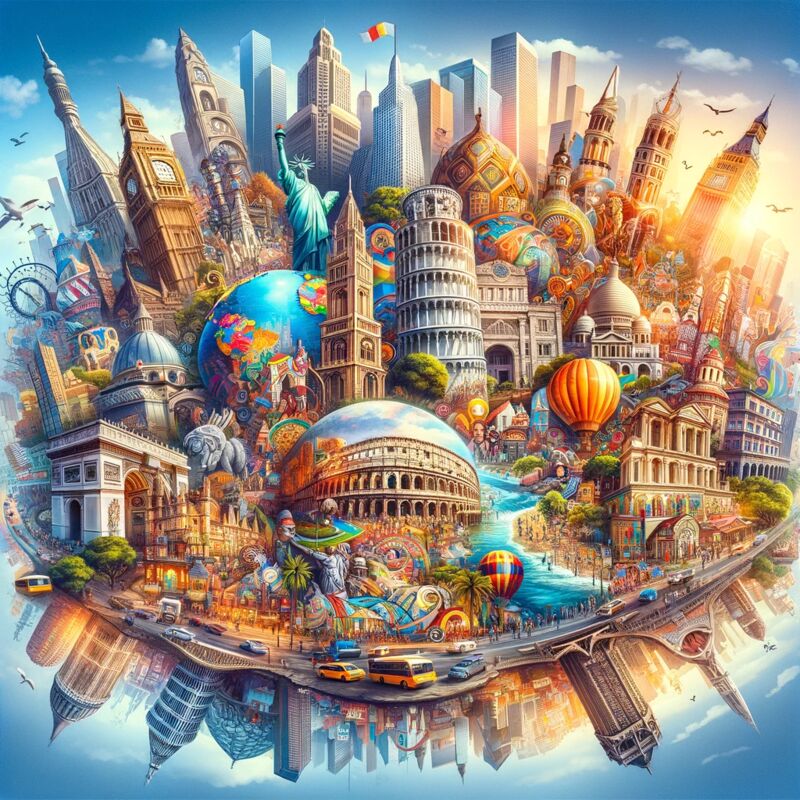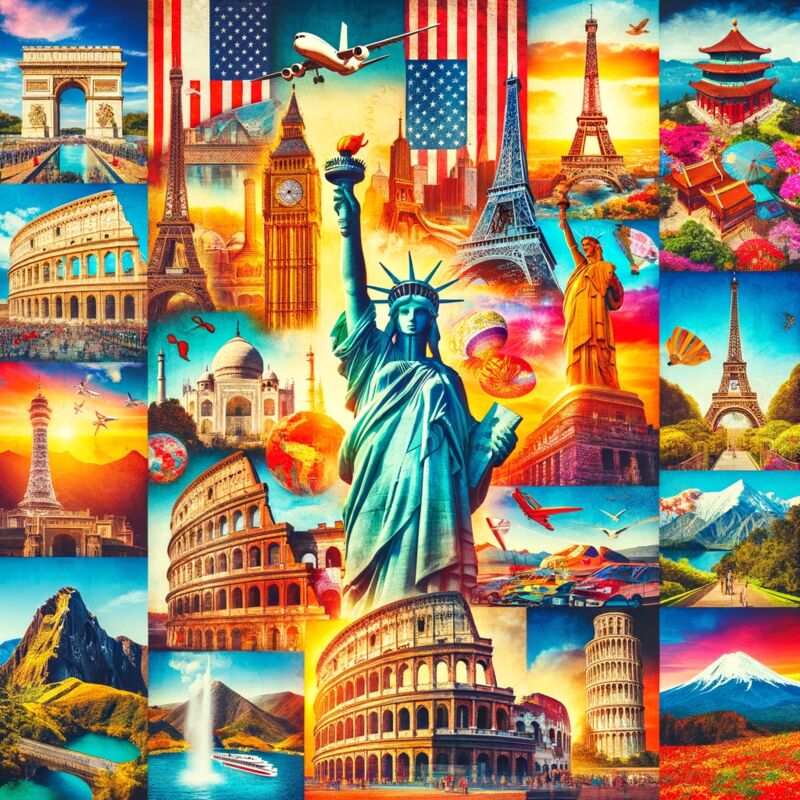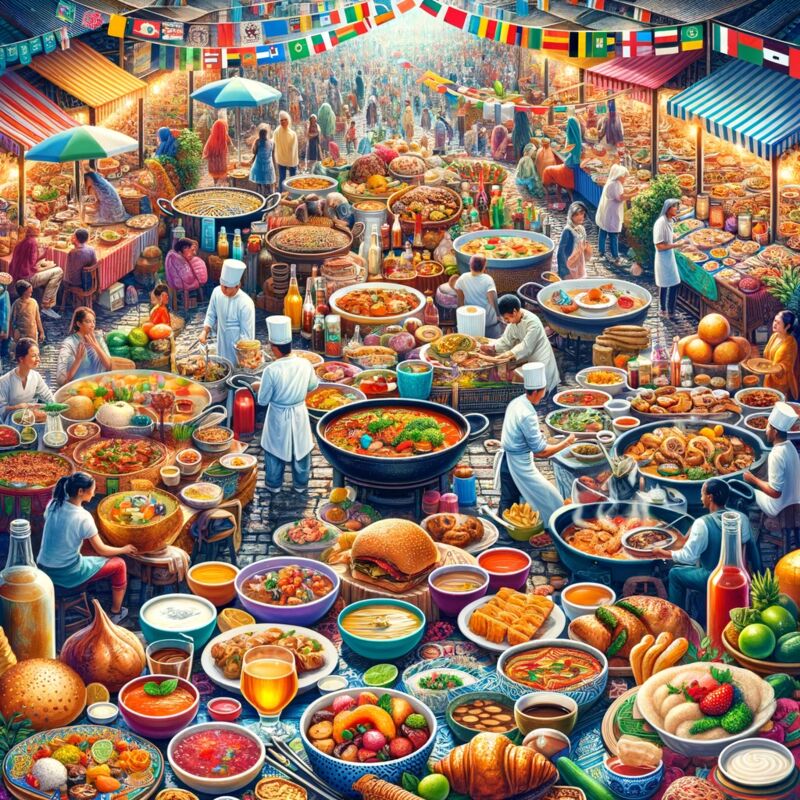The Vibrant Culture and Traditions of the Dominican Republic
Immerse yourself in the rich tapestry of the Dominican Republic's cultural heritage, a country where the rhythm of merengue, the warmth of its people, and a history steeped in diversity welcome you with open arms. In this traveler's guide, we explore the heart and soul of the Dominican way of life, from time-honored traditions to festive celebrations that light up the entire Caribbean.
Musical Soul: Merengue and Bachata
The Dominican Republic is the cradle of merengue and bachata, genres that have swept the world with their infectious beats. Moving to these rhythms is not just dancing; it's a way of life, a form of self-expression, and a celebration of Dominican identity.
- Merengue: The national dance, characterized by its simple yet energetic steps.
- Bachata: A more romantic, guitar-based music with soulful lyrics.
Tip: Don't miss a live merengue band at a 'colmado' (corner store/bar), where locals gather to dance, socialize, and enjoy a cold 'Presidente' (beer).
Flavors of the Island: Dominican Cuisine
Dominican cuisine, known as 'comida criolla', is a delicious blend of Spanish, African, and Taino influences. It's a feast of flavors with dishes that are as vibrant as the culture itself.
- La Bandera: The typical lunch meal consisting of rice, red beans, meat, and salad.
- Sancocho: A hearty stew made with various meats, root vegetables, and plantains.
- Mangú: Mashed plantains commonly served with eggs, fried cheese, and 'salami' for breakfast.
Indulge in the local delights at a 'comedor', a casual eatery serving homemade-style meals, to get a genuine taste of the island.
Festive Spirits: Carnaval and Patronales
The Dominican Republic shines the brightest during its festivals, particularly Carnaval, celebrated every February. The streets become a carnival of colors, masks, and 'comparsas' (dance groups).
Dive into the heart of our culture — join us in the dance, wear a mask, and be part of our story.
In addition to Carnaval, fiestas patronales (patron saint festivals) honor the protector of each town with music, dances, and processions throughout the year.
Tradition and Modernity: Architecture and Historic Sites
Experience the legacy of the past with a visit to the Zona Colonial in Santo Domingo, the oldest European settlement in the New World. Admire the Catedral Primada de América, where the fusion of Gothic and Renaissance styles tells a story of an era long gone yet preserved in stone.
Fortaleza Ozama, the first fort in the Americas, stands as a testament to the history and strategic importance of this enchanting island.
Artisanal Treasures: Dominican Crafts
From the vibrant 'carnival masks' to hand-woven 'hammocks', Dominican crafts offer a piece of the island’s soul to take home. Larimar and amber, gems indigenous to the land, are often crafted into exquisite jewelry that reflect the natural beauty of the Dominican Republic.
Explore local markets or 'ferias artesanales' for these unique mementos and support the traditions and livelihood of local artisans.
Unity in Diversity: People and Language
The essence of the Dominican culture lies in its people — friendly, welcoming, and proud of their heritage. Spanish is the official language, but you'll hear it with a specific Dominican cadence that is full of warmth and cheerfulness.
Embrace the opportunity to engage with locals, as hospitality is a cornerstone of their way of life. You'll often hear "Mi casa es tu casa" (My home is your home), an embodiment of their inclusive spirit.







